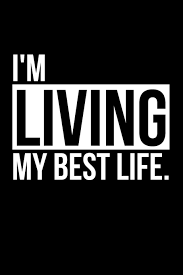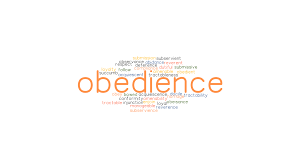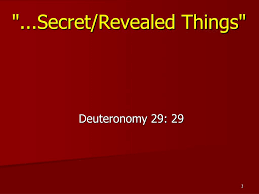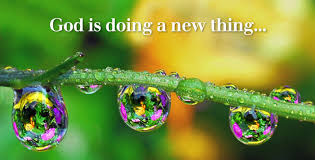
From basics to best
As we discussed last week, best life is something that seems to have the attention of many people. Each generation has made it its pursuit as they moved forward in time.
In the 19th century, our desire was for the basics—food, shelter, and security. In the 20th century that desire morphed into a good job, a reasonable mortgage (so we could still travel), and a healthy 401K. Now we have our eyes on electric cars that drive themselves and tickets into space. Sorry, but we all can’t be Elon Musk or Jeff Bezos. I guess their “best life” means more than being a billionaire.
Messaging, media, and marketing
The 21st century has introduced for our consideration, a variety of views as to what best life is. The range of differences in its description demonstrate the subjective nature of this topic.
Cultural messaging, media, and marketing are successfully redefining what best life looks like. Our expanded technology has now positioned companies (we don’t even know) to “popup’ advertisement as to what they think will appeal to our “unique definition” of best life.
The difference in best life views can depend on any number of factors. Many authors and musicians have used the best life mantra to help us develop a definition that best fits our life and circumstance. Even WikiHow got into the act. Author, Guy Reichard, offers a four-part blueprint for designing our best life.
Last week we offered the belief that, for the believer, best life is dependent on our reality, our identity, and our purpose. We now share, for your consideration, some other “views” on best life.
Oprah’s best life
“Live your best life.” These four simple words, made famous by Oprah Winfrey, give a single instruction to follow for happiness and success. While the quote is priceless in its meaning and simplicity, it leaves much to our individual imagination as to what that includes.
While there are more descriptions contained in her book, Live Your Best Life, Oprah offers some clarity to her best life description.
I learned when you use the energy of why you were born in service to something that is bigger than yourself, then goodness and greatness come to you. Because that’s where the real power lies. When you can use your personality to serve others rather than yourself.
Best life views
Since the initial citing of the phrase in Oprah’s book in 2005, there have been many other “opinions” added to the contemporary tapestry of American life. The Urban Dictionary[1], most popular definition for best life was this.
A stupid phrase that is used, commonly on Instagram, to give the false reality that you can wake up and choose which “life” you want to live. Perhaps you want to be a lazy dog, or a human facing the challenge of whether to have avocado on toast or a green smoothie for breakfast. Either way, it’s got to be the best (breakfast) life you could possibly be living.
Comedian Lil Duval earned his first No. 1 on the R&B/Hip-Hop Airplay chart with his debut solo single “Smile (Living My Best Life)”. The feel-good track features Ball Greezy and Snoop Dogg. Sorry but I really can’t include the exact wording from the song. You might ask your children or grandchildren. When asked to give his definition of best life, DuVal shared these thoughts.
Just living in your means. Living with whatever you have at that point. Being happy with it — and when you’re happy where you are, you can grow even more. You’re not chasing somebody else’s perception.
Developing our own view
I close with input from a fellow blogger (which I usually don’t do). But I feel their description might be helpful in developing our own view. They write to a “20 somethings” audience which, in my mind, is an important generation for our future. They open referencing Oprah’s original casting of the best life phrase.
Her (Oprah) personal brand and mantra is centered around self-growth, reaching new heights, and finding meaning. These are all ideas that we, as a society, constantly try to work towards, and I think these are concepts that can truly help us elevate and live more fulfilling versions of our lives.
Thus, I think the most beneficial and realistic explanation of what “living your best life” means is as follows: One that encompasses reaching new levels of self-awareness and self-growth, that ultimately leads to taking actions that help you to discover and hone into your interests, talents, and passions. Living your best life is truly subjective, so an explanation such as this one allows for the unique life experiences that everyone has.
I invite you to spend some time this week thinking about your personal definition of best life. Without one, we are subject to the influence of others who may not understand God’s will and purpose for our life. Choose one (or all) of the following readings to help you begin formulating what your best life looks like. Listen for God’s Spirit as He speaks to your spirit.
- Psalms 34
- Ecclesiastes 11-12
- Matthew 6
[1] Urban Dictionary is a crowdsourced online dictionary for slang words and phrases, operating under the motto “Define Your World.” The website was founded in 1999 by Aaron Peckham. Originally, Urban Dictionary was intended as a dictionary of slang or cultural words and phrases not typically found in standard dictionaries, but it is now used to define any word, event, or phrase.
 “Life keeps on life-ing!”
“Life keeps on life-ing!”









